Introduction

After keeping the RC 200 majorly unchanged since its inception, KTM gave the motorcycle its long-due update last year. The motorcycle is better on many fronts, which we verified not only in the real world but also at Bajaj’s testing track. You can read the detailed road test review of the bike here. As for those looking for a quick summary, here are the pros and cons of the new RC 200.
Pros

Visual appeal
The previous RC 200 was known for its edgy and razor-sharp design. Although the new one doesn’t look as sporty, it continues to boast distinctive aesthetics which are unlike any other motorcycle on the market. At the front, a glass screen makes up for the entire fascia of the bike housing a pentagon-shaped headlamp, flanked by petite turn indicators. There’s a layered fairing on the side, a sculpted fuel tank, and a sleek tail pointing skywards. Moreover, the bold colour options add to the visual drama.

Potent yet tractable performance
KTM has made a couple of changes to the engine, such as the inclusion of a bigger airbox and curved radiator. These changes have robbed the bike of its hooligan character to some extent, but made it much more tractable than before. The motorcycle can now easily do 40-45kmph in sixth gear without any stutter. Also, the acceleration continues to be pretty brisk for a 200cc bike, especially when you go gung-ho with the throttle and get past 5,500-6,000rpm.

Intuitive handling
Handling has always been one of the strongest traits of RC models and the new-generation iteration retains that quality. It’s quite intuitive and engaging to ride spiritedly around corners, be it hairpins or sweeping turns. Things are pretty enjoyable even when you pull some antics in traffic or switch lanes aggressively on the highway. However, unlike its predecessor’s nimbleness and quick dynamics, the new model feels more graceful and composed.

Fuel-efficiency
Despite being performance-oriented, the engine of the new RC 200 is impressively fuel-efficient, as we found out during our mileage test. When ridden in low to moderate traffic and a bit on the highway, the motorcycle returned a fuel economy of 43.5kmpl which is commendable for a 200cc, high-revving machine. Moreover, with a capacity of 13.7-litre, the fuel tank is also considerably bigger as compared to its predecessor which incorporated a 9.5-litre fuel tank.
Cons

Vibrations at higher revs
The engine of the new RC 200 is undoubtedly smoother than before. However, vibrations still exist, from as low as 90kmph and go on increasing with the speed. You can feel a buzz on the handlebar and footpegs, and even hear some rattle around the front fairing. This acts as a major downer for a bike that’s now more comfortable and suitable for touring, with vibrations playing a spoilsport on long rides.

Pillion seat height
Thanks to the upswept tail section, the pillion seat of the RC 200 is placed quite high, making it extremely difficult for the passenger to hop on. To give you a perspective, despite being slightly over 5’11’’ tall, I was having trouble getting onboard the pillion seat. So, if you plan to ride two-up often, the passenger will surely grumble while saddling up but will be happy afterwards, courtesy of the seat’s dense foam and space.
Verdict

The new KTM RC 200 is a more practical, versatile, and useable motorcycle as compared to the older model. It’s powered by a more tractable engine, the ergonomics aren’t as committed as before, and the ride quality is plusher too. Moreover, it gives you a big bike feel, thanks to its larger proportions. To conclude, if you’re ready to live with the niggles it possesses, the new RC 200 is a great pick for those who want a supersport-styled offering for daily commuting, weekend joy rides, and occasional tours. One can also hone their riding skills by taking the RC to the track where it doesn’t disappoint.
Photography by Kaustubh Gandhi

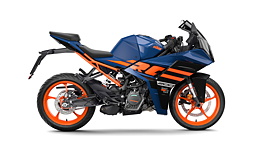



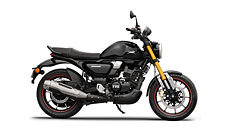
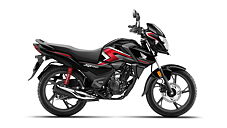
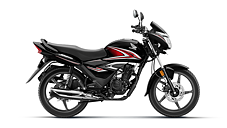

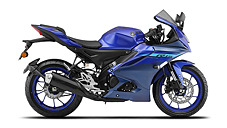
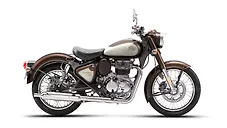
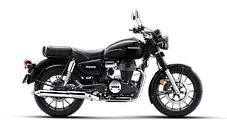
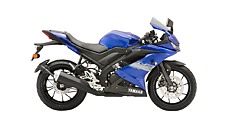
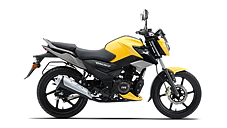
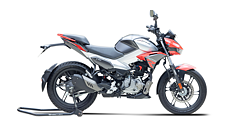
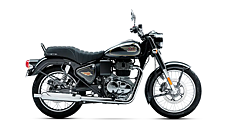
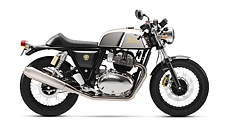
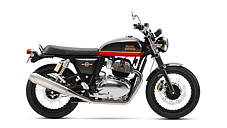
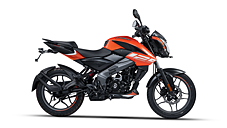
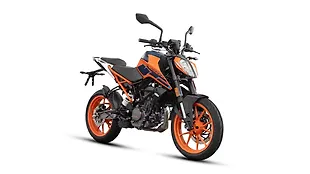
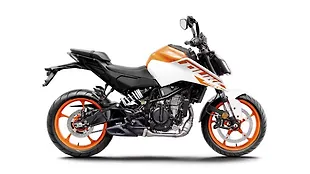
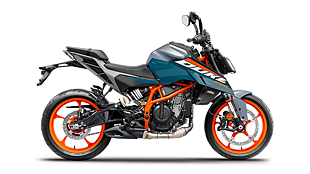




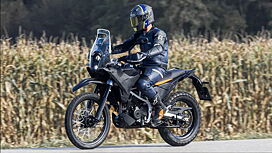
![KTM 390 Adventure X [2025] KTM 390 Adventure X [2025]](https://imgd.aeplcdn.com/272x153/n/cw/ec/190885/390-adventure-x-2025-right-side-view.jpeg?isig=0&q=80)